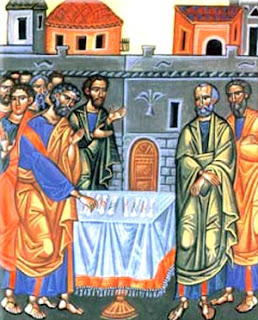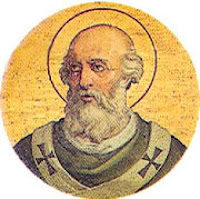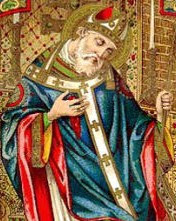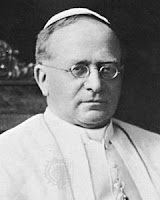April 14th: Feast of Saint Matthias, Apostle & Martyr

The first act of the apostles following the Ascension of Jesus was to find a replacement for Judas. With all the uncertainty they faced, they focused their attention on naming a twelfth apostle. Why was this important? Twelve was a number of significance to the Chosen People: twelve was the number of the twelve tribes of Israel. If the new Israel was to come from the disciples of Jesus, a twelfth apostle was needed. [See video below.] The apostles cast lots and Matthias was chosen. That is the first and last time we hear about Mathias in Sacred Scripture. Fr. René Butler writes this about Matthias, while reflecting on the inscrutable ways of God: "And Matthias was never heard from again. Well, as far as that goes, he was never heard from before, either. This story of his “election” as an Apostle is the only time he is mentioned by name in the whole New Testament. We know, from the criterion established by Peter, that both he and Barsabbas were among the first disciples of


